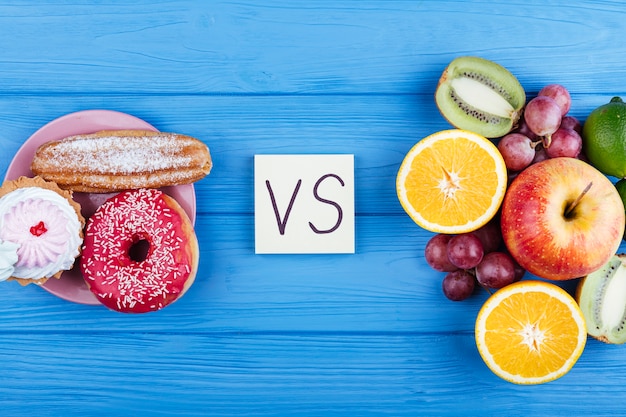Fish is one of nature’s most nutrient-dense foods—packed with high-quality protein, essential fatty acids, vitamins, and minerals, all in a low-calorie package. Despite its powerful health benefits, many people still don’t eat enough fish. According to dietary guidelines, most adults should consume at least two 3.5-ounce (about 100g) servings of fish per week—especially fatty fish. Yet, studies show average intake falls short. This article explores the key nutrients in fish, their health benefits, and which types offer the most nutritional value.
Fish stands out in the world of protein sources due to its exceptional nutrient-to-calorie ratio. Unlike many animal proteins, fish delivers vital nutrients with relatively few calories. For example, a 100-gram serving of salmon contains about 200–250 calories but provides over 50% of your daily protein needs, along with omega-3 fatty acids, vitamin D, selenium, and B vitamins.
This nutrient density supports heart health, brain function, immune response, and more—making fish a cornerstone of many healthy diets, including the Mediterranean and DASH diets.

Omega-3s are essential fats the body cannot produce on its own. Fatty fish like salmon, mackerel, sardines, and herring are among the best dietary sources of eicosapentaenoic acid (EPA) and docosahexaenoic acid (DHA). These fats are linked to reduced inflammation, lower triglyceride levels, improved cognitive function, and a decreased risk of heart disease.
Fish provides complete protein—meaning it contains all nine essential amino acids. Protein from fish is easily digestible and supports muscle maintenance, tissue repair, and satiety. Shellfish like shrimp, crab, and lobster, as well as white fish such as cod and halibut, are particularly high in protein with minimal fat.

Few foods naturally contain vitamin D, but fatty fish are a notable exception. A single serving of salmon can provide up to 100% of your daily vitamin D needs. This vitamin is crucial for bone health, immune function, and mood regulation—especially in regions with limited sunlight.
Selenium is a powerful antioxidant that helps protect cells from damage and supports thyroid function. Fish like tuna, halibut, and sardines are rich in selenium, helping to maintain a healthy metabolism and immune system.
Fish are excellent sources of several B vitamins, including B12 (critical for nerve function and red blood cell formation), niacin (B3), and B6. These vitamins play key roles in energy metabolism and neurological health.
Not all fish are created equal when it comes to nutrition. Some species offer more benefits than others. According to nutrition experts, the healthiest fish to include in your diet are:
These fish are not only nutritious but also tend to be lower in environmental contaminants like mercury when sourced responsibly.
Some fish contain higher levels of mercury and other pollutants due to their size, lifespan, and position in the food chain. The FDA advises limiting or avoiding:
Pregnant women, nursing mothers, and young children should be especially cautious with these varieties.
How you cook fish matters. To retain the most nutrients—especially omega-3s—opt for gentle cooking methods like:
Frying, especially in unhealthy oils, can degrade beneficial fats and add unnecessary calories and trans fats.
If you’re not a fan of seafood, you’re not alone—but you may be missing out on unique nutrients. Consider these alternatives:
However, experts agree that whole fish offers a nutrient package unmatched by supplements.
Fish is a nutritional powerhouse, offering a unique blend of protein, omega-3s, vitamins, and minerals in a low-calorie form. Incorporating more fish—especially fatty, sustainably sourced varieties—into your weekly meals can support long-term health and reduce the risk of chronic diseases. Whether you love salmon or are just starting to explore seafood, there’s a fish option that fits your taste and health goals.

Health

Health

Health

Health

Health

Health

Health

Health

Wellness

Wellness

Health

Health

Health

Fitness

Health

Health